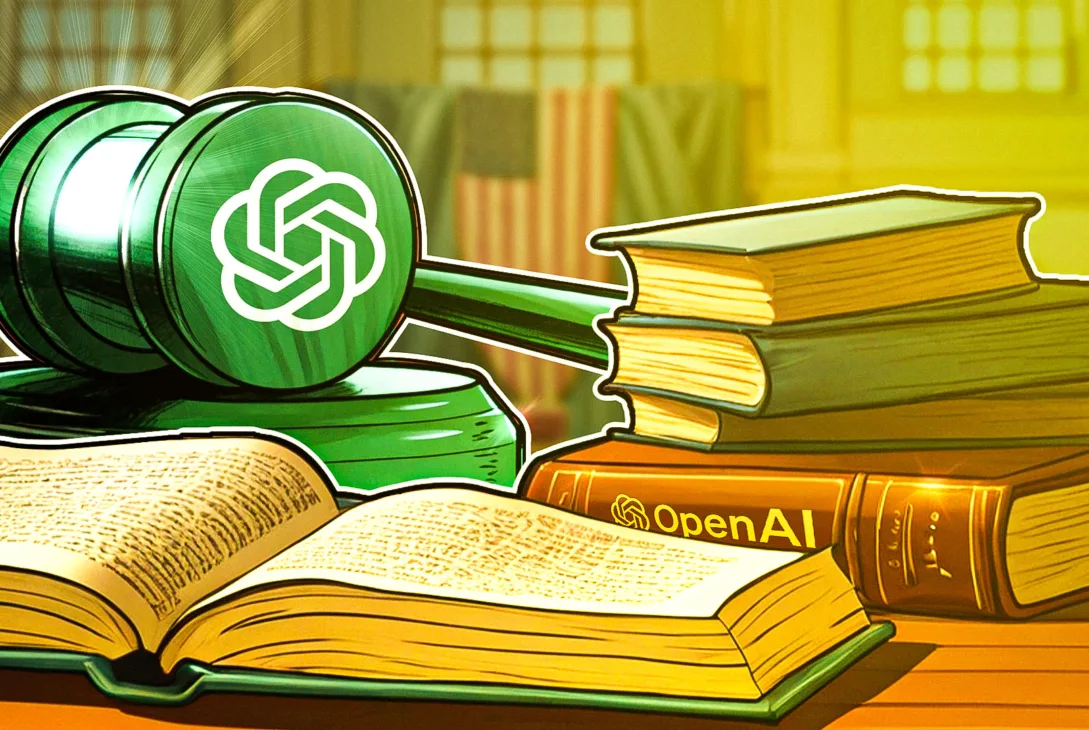Authors Nicholas Basbanes and Nicholas Gage initiated a lawsuit after OpenAI, in a legal dispute with The New York Times, admitted that individuals holding copyrights, including the plaintiffs, deserve payment for the utilization of their work.
Nonfiction writers Nicholas Basbanes and Nicholas Gage have filed another case accusing Microsoft and OpenAI of copyright infringement. They claim that the defendants stole their copyrighted writings to develop their artificial intelligence (AI) system.
Legal Actions and Claims Against Microsoft and OpenAI
A week ago, The New York Times sued Microsoft and OpenAI in a related copyright infringement case, claiming the corporations had trained AI chatbots using the newspaper’s material. The Manhattan federal court filed the lawsuit on Friday 5th of January.
OpenAI acknowledged that copyright holders, including the plaintiffs, should get payment for the use of their work, which prompted the most recent legal action. The NYT lawsuit seeks damages in the “billions of dollars” range. The document states that the Basbanes and Gage lawsuit is requesting up to $150,000 in damages for each instance of copyright infringement.
“We respect the rights of content creators and owners and are committed to working with them to ensure they benefit from AI technology and new revenue models,” the New York Times stated in a story on its lawsuit against Microsoft and OpenAI.
In September, the Authors Guild, a New York-based professional group for published writers led by George R.R. Martin, joined a planned class-action lawsuit against OpenAI, along with George R.R. Martin, John Grisham, Jodi Picoult, George Saunders, and Jonathan Franzen.
Julian Sancton, another author, is suing OpenAI and Microsoft for allegedly utilizing the nonfiction author’s work without permission to train AI models.
In California, the creator of ChatGPT is facing a class-action lawsuit for allegedly stealing user information. Filed on June 28, 2023, by Clarkson Law Firm in the United States District Court for the Northern District of California.
The lawsuit alleges that OpenAI trained ChatGPT with data from millions of blog posts, Wikipedia articles, family recipes, and social media comments obtained without the users’ permission.













































































































